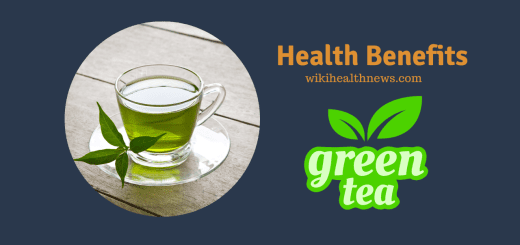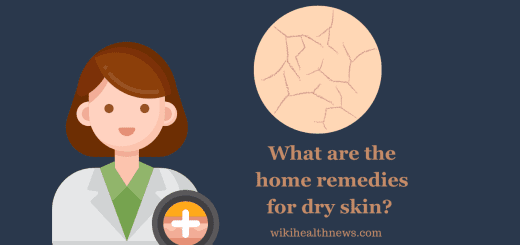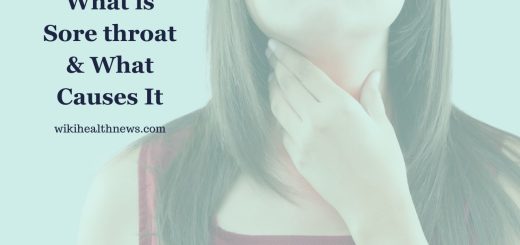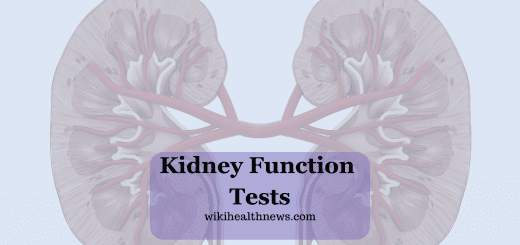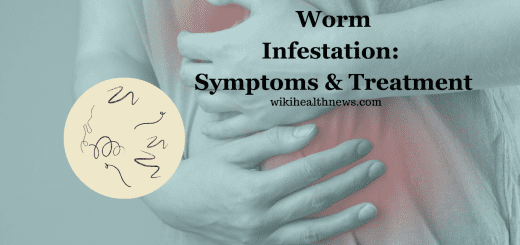Harmful Pesticides in Food – How to Avoid?
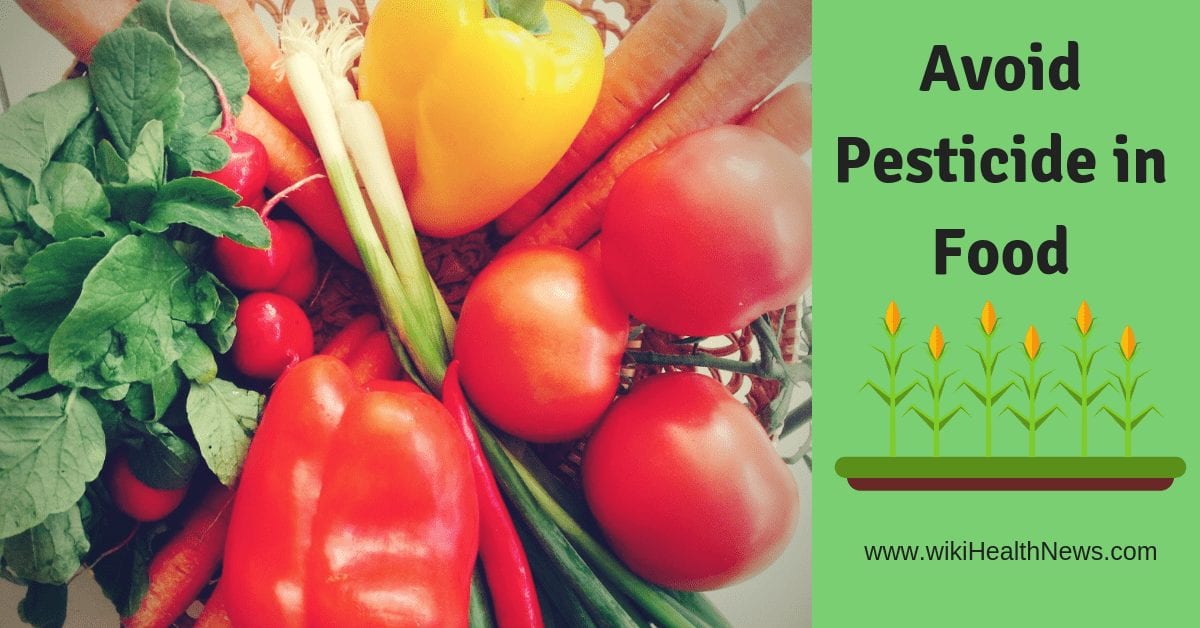
Why pesticides are used in food industry?
There are more than 1000 pesticides used around the world to ensure food is not damaged or destroyed by pests. Each pesticide has different properties and toxicological effects. Pesticides are widely used in producing food to control pests such as insects, rodents, weeds, bacteria, mould and fungus.
Where food gets contaminated with harmful pesticides?
The application of pesticides (insecticides, herbicides, fungicides etc.) does not only take place while the crop is growing, but can also be applied as a seed treatment, or post-harvest to assist with transportation and storage. Chemicals such as pesticides, antibiotics and hormones are used in plant and animal farming to boost production and ensure adequate food supply.
How pesticides help food crop?
Pesticides are also toxic chemicals designed to kill agricultural pests. The use of pesticides can dramatically increase crop production and ensure a higher quality of produce.
How much amount of pesticide goes to food crop?
The amount of pesticide residue in food depends on many factors including the type and amount of pesticide used, the amount of rain in the area, wind and sunshine that fell on the crop and the kind of processing that food undergoes, such as storage time, washing or peeling.
What are health effects of harmful pesticides in human?
Pesticides are also toxic chemicals designed to kill agricultural pests, and some can cause problems if they are consumed by humans in large amounts.
The health effects of pesticides depend on the chemical, exposure time and quantity of exposure. Potential risks include cancer and problems with the nervous system or hormones.
Exposure of men to certain pesticides at sufficient doses may increase the risk for sperm abnormalities and decreased fertility. Deficit of male children, spontaneous abortion, birth defects or foetal growth retardation are also possible if women get exposed to harmful pesticides during pregnancy. Pesticides from workplace or environmental exposures enter breast milk. Certain pesticides have been linked to developmental neurobehavioral problems, altered function of immune cells and possibly blood cancer in children.
How to get rid of pesticide exposure?
There are certain measures which can be taken to avoid harmful pesticide exposure.
Buy organic produce– Reduce exposure by choosing organic produce which are grown without the use of pesticides.
Grow your own vegetables – When organic isn’t an option, choose conventionally grown produce with the lowest levels of pesticide residues. Alternatively, can have a small vegetable garden where you can grow your own vegetables with less pesticide exposure.
Healthy eating habits – Thoroughly wash all fruits and vegetables. Peel vegetables or remove the outer layer of leaves. Trim visible fat from meats, as many residues are fat soluble.
Trim fat from meat – Cook meat and chicken thoroughly. Trimming fat from meat can also eliminate unwanted pesticides.
Choose alternative food – Consume a variety of foods (including meat alternatives like legumes, tofu, nuts and eggs) to reduce your intake of antibiotic-resistant bacteria, hormones and pesticides.
Safe water – Other than fruits and vegetables these chemicals also may be in insect repellents, pest control products, lawn and garden care products, and pet products. Many of these are used in and around home or around. Water is another potential source of pesticides in the home. Bore well water comes from deep ground and contain less harmful pesticides. This can be an excellent option for drinking water.
Reduce environmental exposure -People who work with or around pesticides, such as agricultural or landscape workers, are especially at risk for exposure to harmful pesticides. Additionally, their families can also face increased risk. Effective health measures are to be taken by the workers to avoid contamination.
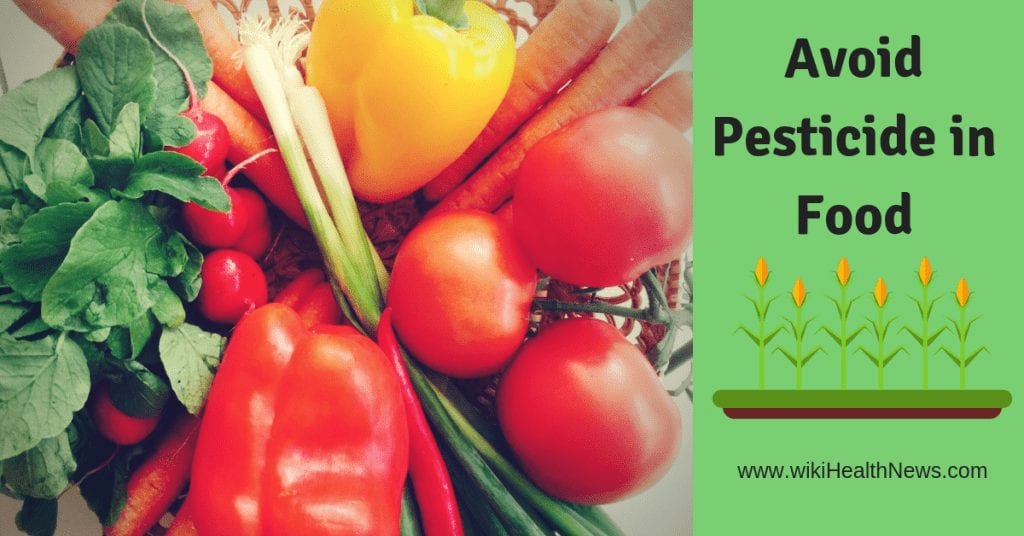
Also Read –






